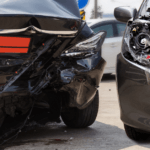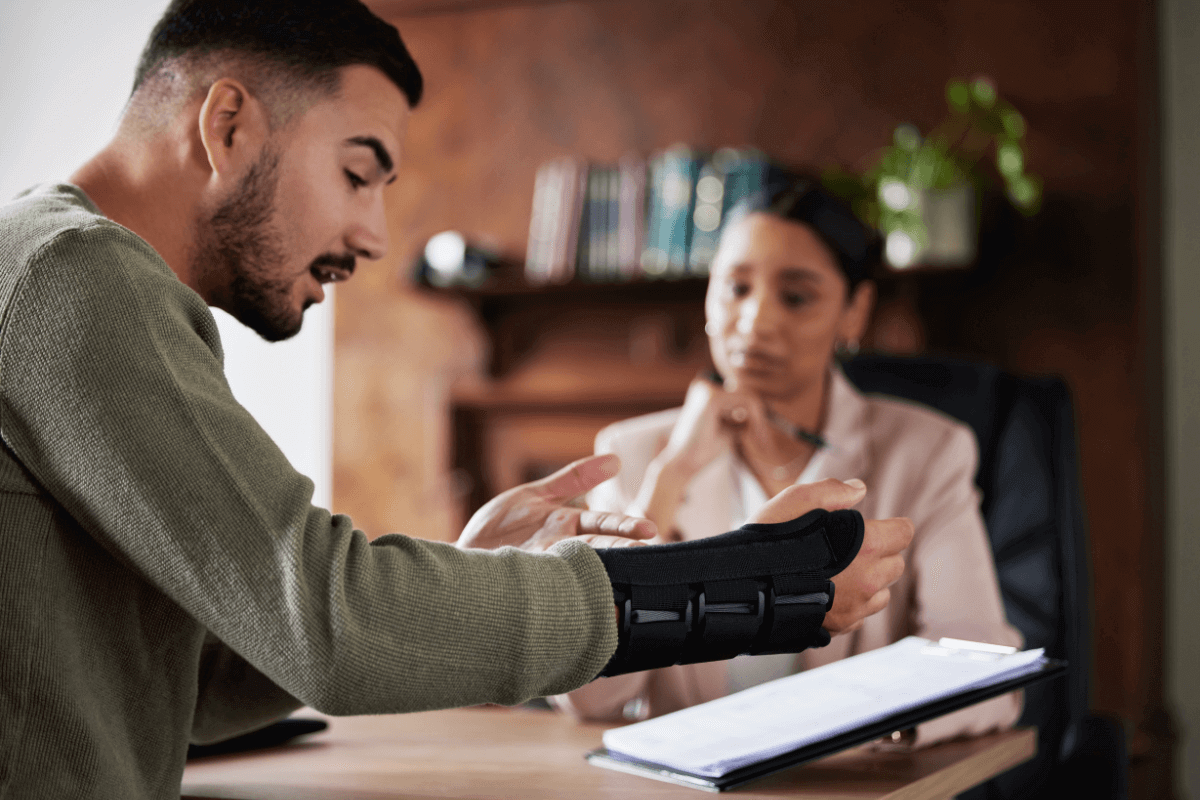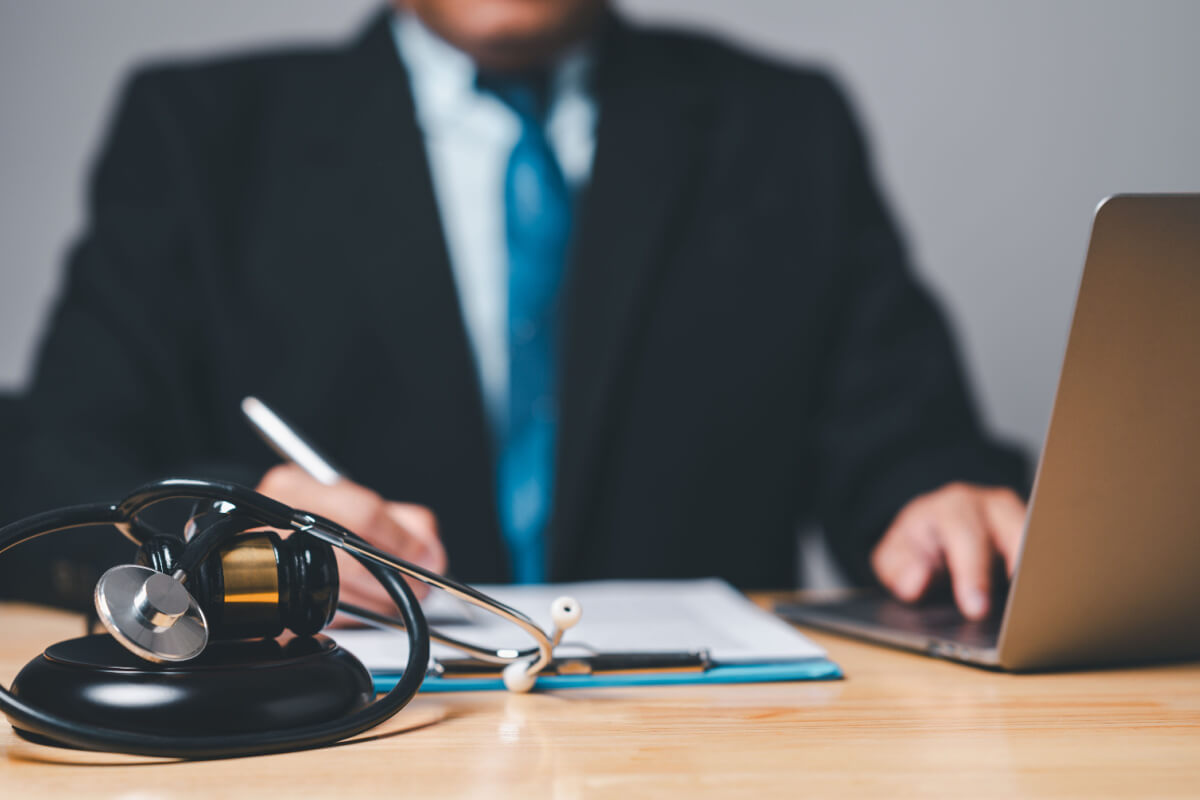
Partner at AKD Lawyers
Practice Areas: Personal Injury
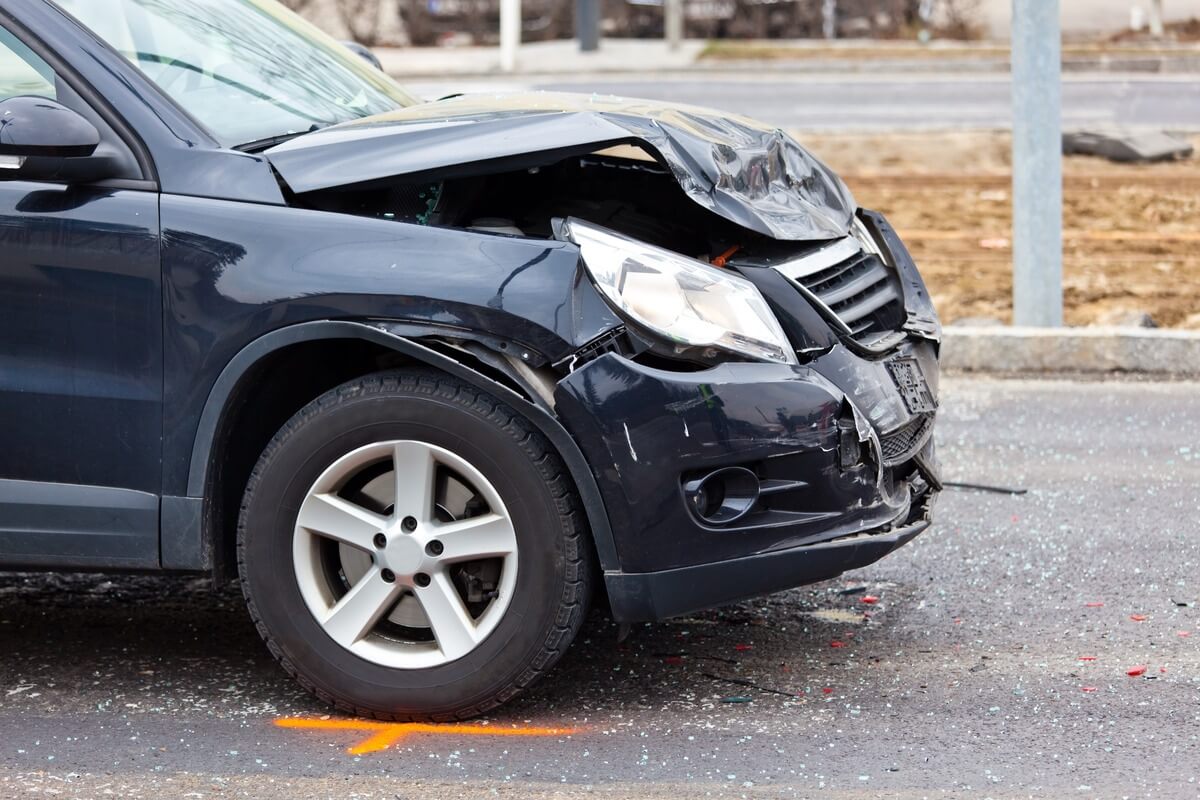
As Uber and Lyft rides continue to increase across New Orleans, so do accidents involving these rideshare platforms. Whether you’re a passenger, pedestrian, or another driver, a crash’s aftermath can be quite stressful. Determining who is liable—whether it’s the rideshare driver, a third party, or even the company—often requires a closer look at the facts and legal rules in place.
If you’re involved in a rideshare accident, knowing your rights is critical. An experienced Uber accident lawyer in New Orleans can help explain how local laws affect your case, particularly regarding remuneration, driver status, and insurance coverage. This guide will walk you through what to expect after an Uber or Lyft accident in Louisiana and what legal options may be available to you.
What Counts as a Rideshare Accident?
A rideshare accident is any crash involving an Uber or Lyft vehicle—whether you’re a passenger, another driver, or a pedestrian. These incidents often result from distracted driving, speeding, or another motorist’s actions. Since Louisiana’s Act No. 286 legalized statewide TNC operations in 2019, such accidents have become more common. Understanding your rights is crucial, as rideshare laws differ from standard auto accident rules.
Who Is Liable in a Rideshare Accident?
Liability in a rideshare crash depends on several factors, including who was at fault and the driver’s status at the time of the accident. It could be the Uber or Lyft driver, another vehicle, or even the rideshare company in some cases.
Driver Negligence
If the driver was texting, speeding, or driving under the influence, they may be directly liable for the accident.
Third-Party Liability
Sometimes, another vehicle causes the crash. In that case, that driver’s insurance may be responsible for covering injuries and damages.
Uber or Lyft’s Liability
Uber and Lyft usually classify drivers as independent contractors. However, the company may still be liable if the driver was working and the company failed in its duty—for example, by hiring someone with a bad driving record.
Under Louisiana Civil Code Article 3492, personal injury victims—including Uber or Lyft passengers—have just a year from the accident date to make a claim.
Both Uber and Lyft provide up to $1 million in third-party liability coverage when a trip is in progress.
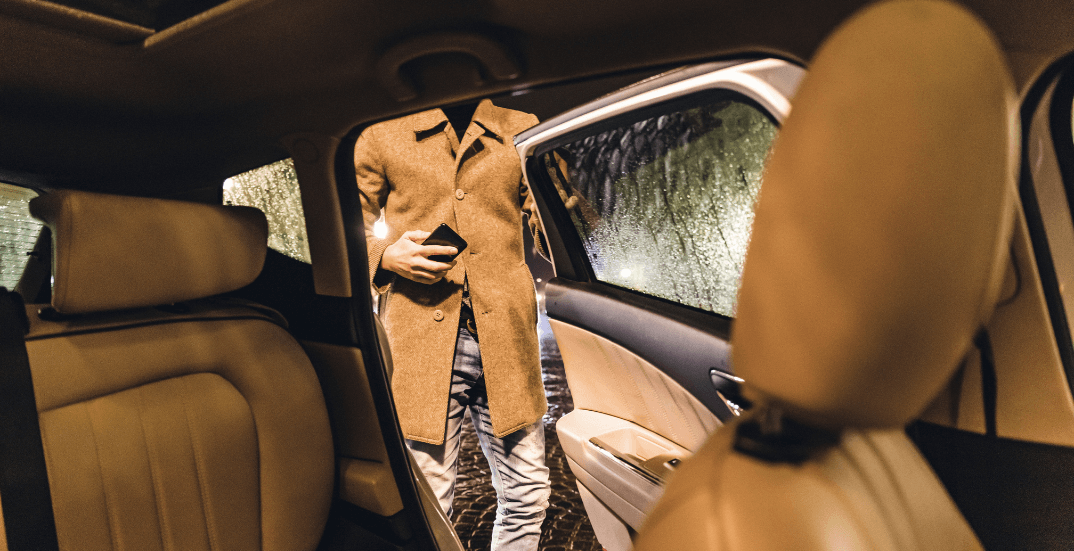
Uber and Lyft Insurance Coverage in Louisiana
Insurance coverage during a rideshare trip depends on the driver’s actions at the time of the crash. Each status level has its insurance limits. Here’s how it works.
Insurance Coverage Breakdown
| Driver Status | Uber Insurance Coverage | Lyft Insurance Coverage |
| App off / Not working | Personal insurance only | Personal insurance only |
| App on / Waiting for ride request | $50,000 per person (bodily injury) | $50,000 per person (bodily injury) |
| $100,000 per accident (bodily injury) | $100,000 per accident (bodily injury) | |
| $25,000 property damage | $25,000 property damage | |
| En route to pickup / On trip | $1 million third-party liability | $1 million third-party liability |
| Uninsured/underinsured motorist coverage (varies) | Uninsured/underinsured motorist coverage (varies) |
These insurance policies offer significant protection, but they don’t always apply. For example, if the app is off, you may only be able to rely on the driver’s coverage.
Louisiana’s comparative fault law (Civil Code Article 2323) may reduce compensation if you’re found partially at fault for your injuries.
What to Do After a Rideshare Accident
Being involved in an accident as a rideshare passenger can be overwhelming. These steps can help you protect your health and your claim.
Seek Medical Help
Always get checked by a medical professional, even if your injuries seem minor. Some symptoms appear later.
Report the Accident
Notify Uber or Lyft through their app. Both companies have reporting options that trigger insurance protocols.
Gather Evidence
Take photos of the accident scene, vehicle damage, and any visible injuries. If possible, get the names and contact information of witnesses.
Get Legal Guidance
Speaking with a lawyer who handles rideshare accident cases in Louisiana can help you understand your rights and the steps you should take next.
How Louisiana Law Affects Rideshare Claims
Rideshare accident claims in Louisiana are subject to strict legal rules. Two key ones are the one-year statute of limitations and comparative fault.
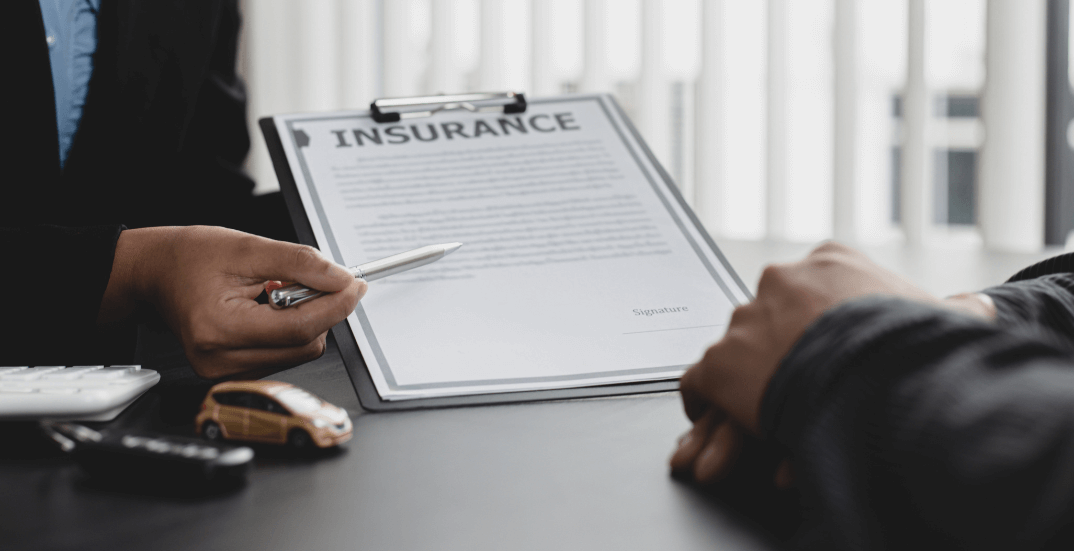
One-Year Statute of Limitations
You have just one year from the date of the accident to file a lawsuit for your injuries. This is much shorter than in other states.
Comparative Fault
If you’re found partially at fault—for example, by not wearing a seatbelt—your compensation may be reduced. This is based on Louisiana Civil Code Article 2323.
Uber and Lyft classify drivers as independent contractors, which can complicate efforts to hold the companies directly liable in some cases.
Legal Options for Injured Passengers and Drivers
You may have several paths to recover compensation if you’re injured in a rideshare crash.
Insurance Claims
If you were a passenger, start with Uber or Lyft’s insurance. Suppose you’re a driver or third party; file with the at-fault driver’s insurer.
Lawsuits
If insurance doesn’t fully cover your losses—or if liability is disputed—you may need to file a personal injury lawsuit.
Damages You May Recover
You could be eligible for:
- Medical bills
- Lost wages
- Pain and suffering
- Property damage
An attorney can help determine what compensation you may be entitled to based on the facts of your case.
FAQs
Who is liable if I’m injured in an Uber accident in New Orleans?
Liability can fall on the Uber driver, another motorist, or even Uber itself in rare cases. It depends on who caused the accident and what stage the ride was in.
Can I sue Uber or Lyft directly after a crash?
It isn’t easy due to the independent contractor model. You may have a claim if the company’s negligence contributed, such as failing to vet a driver properly.
What kind of insurance protection do Uber and Lyft provide in Louisiana?
They provide up to $1 million in coverage while the ride is active. Lower limits apply when the driver is waiting for a ride request.
What if another driver caused the crash while I was in an Uber or Lyft?
You can file a claim against the at-fault driver’s insurance. If they’re uninsured or underinsured, Uber or Lyft’s coverage may step in.
How long do I have to file a lawsuit after a rideshare accident in Louisiana?
You have one year from the date of the accident, per Louisiana Civil Code Article 3492.
Conclusion
Suppose you’ve been involved in an accident involving an Uber or Lyft in New Orleans. In that case, it’s essential to understand how liability works, what your rights are, and how insurance coverage applies. The laws in Louisiana are specific and can affect how much compensation you’re able to recover.
Please make an appointment for a free consultation with Alvendia, Kelly & Demarest Law Firm right now to find out how they can support your future.
Categories

In 2003, after being dissatisfied with the quality of legal care for victims of car accidents, Roderick ‘Rico’ Alvendia sought to establish a new firm focused on providing high-quality legal services to aid injured victims and their families. J. Bart Kelly, sharing Rico’s passion for upholding justice, joined the firm later that year, and established a partnership.

